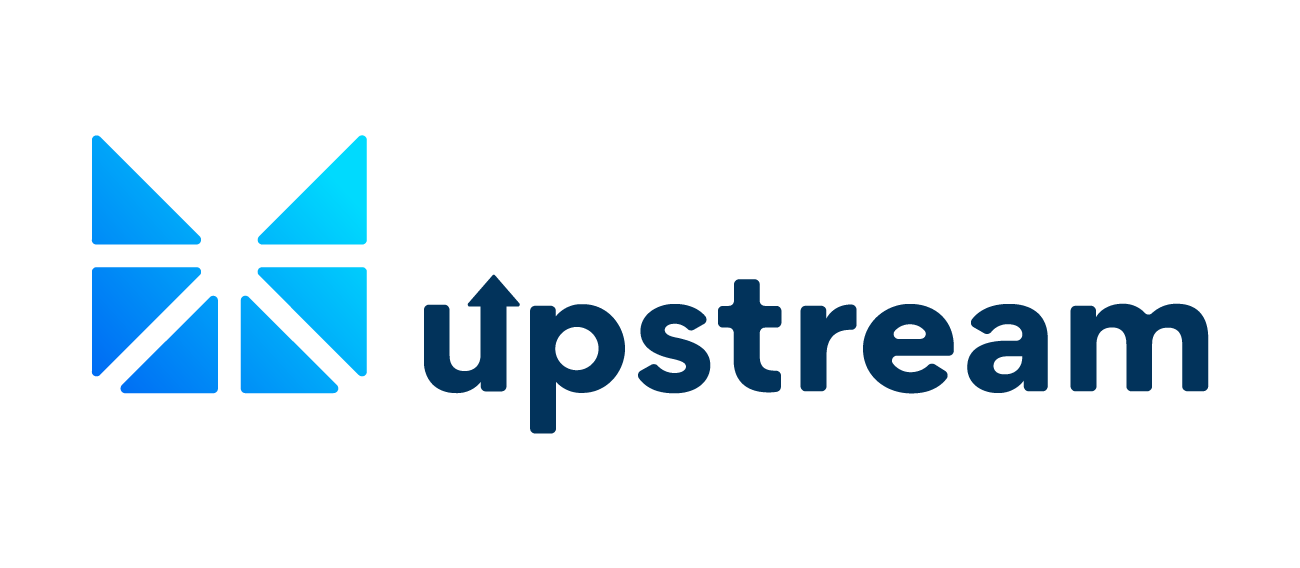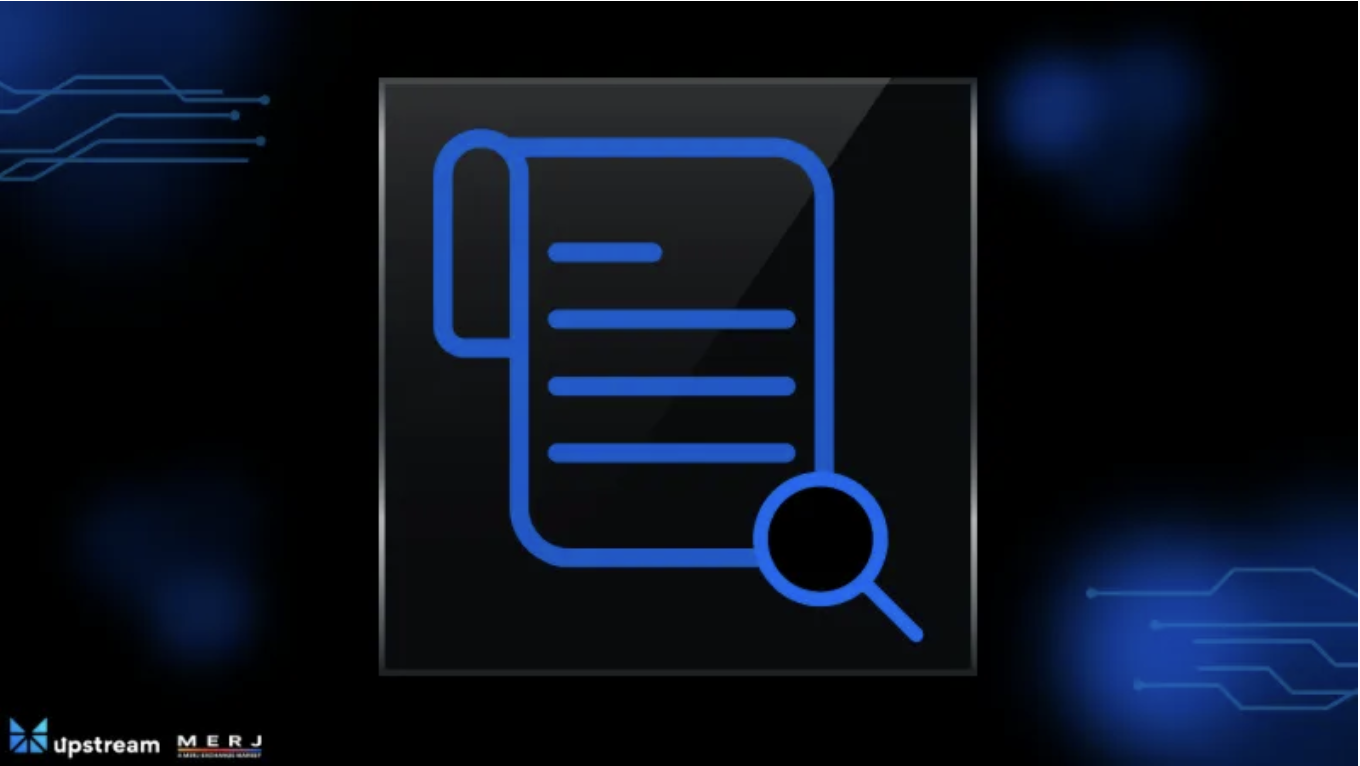
By Fernanda De La Torre
We believe capital markets are ripe for change, and that blockchain technology has the ability to bring unprecedented transparency to trading. Upstream, a MERJ Exchange market prides itself on its next-generation features that we believe can create a positive, more equitable trading market for issuers and their shareholders.
One key differentiator is Upstream’s transparent orderbook where the best bids and offers are available for everyone to see from an immutable, blockchain-enforced orderbook. Upstream invites investors of all levels who have direct access to the market through a user-friendly smartphone, and who simply wish to trade public shares with other traders.
What’s a traditional order book?
An order book is a record of all the buy (bid) and sells (offers) orders for a particular security, such as a stock or bond, that have been placed by investors on an exchange or trading platform.
The problem with traditional order books
Traditional order books are subject to market manipulation by high-frequency traders who may use automated algorithms to place and cancel large numbers of orders within milliseconds, in what is known as “order spoofing”.
Traditional order books are also run by market makers, who, in exchange for bringing liquidity to the market, are awarded trading fees.
This can give skewed impressions of how active and liquid a market is, causing prices to fluctuate unpredictably, which can be harmful to retail traders and investors that don’t have the same access to real-time pricing data.
Other problems with traditional order books include:
- Market makers are in charge. In today’s trading world, retail trading orders may only be executed by a broker-dealer or DMM. Only market-making broker-dealers are allowed to make markets.
- Secretive stock lending of shareholders’ shares between broker-dealers allows for rampant short selling with sometimes huge lending fees paid, with mostly stockbrokers and market makers benefiting.
- 0% trading fees are a fallacy because stockbrokers are paid by market makers for clients’ retail order flows, and market makers simply widen their bids/ask spreads to secretly cover this cost, meaning all retail trade prices suffer.
- Naked short selling is, by law, only allowed to be done by market makers, and such practices can unfairly impact capital formation for small-cap issuers.
Why is Upstream’s transparent order book so revolutionary?
As a blockchain-powered market, Upstream has a transparent blockchain-backed order book that provides transparency and immutability, meaning that all transactions and orders are recorded on a ledger that is publicly accessible and cannot be altered. This reduces the risk of market manipulation and abuse, as all market participants have access to the same information about market activity and liquidity.
Our transparent order book leverages Ethereum smart contract technology, which allows for the automation of trading and settlement processes based on pre-defined rules and conditions. It also facilitates decentralized trading and asset exchange, which means that traders and investors can exchange assets directly with each other without the need for a central authority or intermediary.
Benefits of Upstream’s transparent orderbook:
- Peer-to-peer execution and instant settlement with a transparent on-chain orderbook.
- Real-time trading using on-chain orderbooks with smart-contract prevention of predatory market practices.
- Expanded trading hours and transparency. For securities and NFT trading 20 hours a day, 5 days a week with transparent, on-chain orderbooks for unaltered bid/ask price discovery.
- Non-custodial market. Control your shares and validate all transactions biometrically directly from your smartphone.
Conclusion
We believe Upstream’s blockchain-backed transparent order book reflects the future of trading which prioritizes transparency and accessibility and uses technology to facilitate a fair market, ultimately leading to increased efficiency, security, and democratization of financial markets. Learn more at: https://upstream.exchange/.
Disclaimers:
This communication shall not constitute an offer to sell securities or the solicitation of an offer to buy securities in any jurisdiction where such offer or solicitation is not permitted.
Upstream and issuers do not charge for share transfers, however, transfer agents may charge investors for share transfers. Such fees are standard in the industry and if a fee is required, the transfer agent will alert the investor of such charges and how to pay via credit card, check or wire.
NFTs have no royalties, equity ownership, or dividends. NFTs are for utility, collection, redemption or display purposes only. Anyone may buy and sell NFTs on Upstream.
* U.S. or Canadian-based citizen or permanent are not currently able to deposit, buy, or sell securities on Upstream. Note that U.S. or Canadian-based investors include those U.S. or Canadian citizens who may be domiciled overseas. All orders for sale are non-solicited by Upstream and a user’s decision to trade securities must be based on their own investment judgement.
Upstream is a MERJ Exchange market. MERJ Exchange is a licensed Securities Exchange, an affiliate of the World Federation of Exchanges, a National Numbering Agency and member of ANNA. MERJ supports global issuers of traditional and digital securities through the entire asset life cycle from issuance to trading, clearing, settlement, and registry. It operates a fair and transparent marketplace in line with international best practices and principles of operations of financial markets. Upstream does not endorse or recommend any public or private securities bought or sold on its app. Upstream does not offer investment advice or recommendations of any kind. All services offered by Upstream are intended for self-directed clients who make their own investment decisions without aid or assistance from Upstream. All customers are subject to the rules and regulations of their jurisdiction. By accessing the site or app, you agreed to be bound by its terms of use and privacy policy. Company and security listings on Upstream are only suitable for investors who are familiar with and willing to accept the high risk associated with speculative investments, often in early and development stage companies. There can be no assurance the valuation of any particular company’s securities is accurate or in agreement with the market or industry comparative valuations. Investors must be able to afford market volatility and afford the loss of their investment. Companies listed on Upstream are subject to significant ongoing corporate obligations including, but not limited to disclosure, filings, and notification requirements, as well as compliance with applicable quantitative and qualitative listing standards.
Forward-Looking Statements
This communication contains “forward-looking statements.” Such statements may be preceded by the words “intends,” “may,” “will,” “plans,” “expects,” “anticipates,” “projects,” “predicts,” “estimates,” “aims,” “believes,” “hopes,” “potential,” or similar words. Forward-looking statements are not guarantees of future performance, are based on certain assumptions, and are subject to various known and unknown risks and uncertainties, many of which are beyond the Company’s control, and cannot be predicted or quantified, and, consequently, actual results may differ materially from those expressed or implied by such forward-looking statements. Such risks and uncertainties include, without limitation, risks and uncertainties associated with (i) difficulties in obtaining financing on commercially reasonable terms; (ii) changes in the size and nature of our competition; (iii) loss of one or more key executives or brand ambassadors; and (iv) changes in legal or regulatory requirements in the markets in which we operate. The Company assumes no obligation to publicly update or revise its forward-looking statements as a result of new information, future events or otherwise.T

